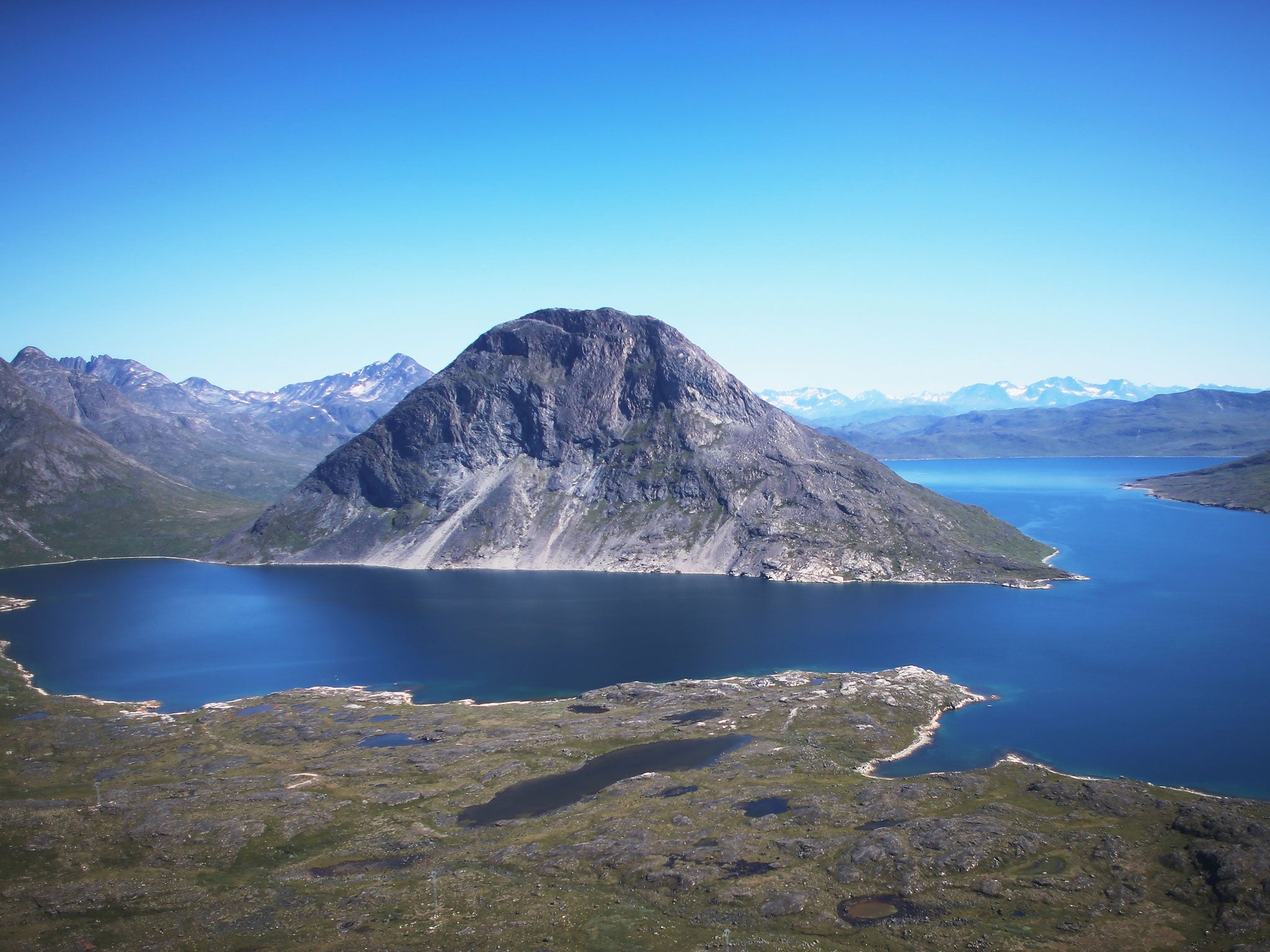Hoping for the best about climate change just isn’t good enough
Those who benefit from reckless behaviour have huge influence over governments


Following months of speculation, this week the report from the Intergovernmental Panel on Climate Change (IPCC) will set out the latest collective view from the world’s leading climatologists, atmospheric physicists and other experts about the extent of human impact on the Earth’s climate system. Most importantly it will set out possibilities about what might happen in future. That word “might” is key. No one can predict the future, and that, it seems, is the main problem we have when it comes to climate change. That coupled with our propensity to hope for the best.
One key finding from the IPCC, and which has already shaped a lot of comment, is how recent modelling suggests the best-case scenario to be a little better than previously thought. This is in part down to an apparent “pause” in the rate of warming. That this best-case is regarded by many experts as unlikely to occur has been rather glossed over, and instead a lot of recent commentary has tended towards less urgency and calls for “wait and see” policies.
I don’t blame people for looking for hope – after all, equally plausible worst-case scenarios would be a total disaster, for the environment, the economy and people. But while it is understandable at a human level to see why some will seize on the optimistic end of the spectrum of possibilities, it is irresponsible for politicians and corporate executives, who have in their job descriptions the task of managing risk on behalf of society, to do this. For them, the reaction should surely be based on rational calculations, not hoping for the best.
It seems to me that any grounded strategy would have at its heart plans to cut emissions to keep the warming we are causing to below two degrees, while at the same time making provision for adaptation measures to cope with up to four degrees of heating. To succeed, strategies to do this would need to be adopted right away. That would be a rational path.
But even in the face of major risk, rationality does not always prevail. A reminder of the consequences of approaching systemic risks, based on flimsy or groundless assumptions that things will turn out okay, is seen in the bland reassurances that came back in response to repeated warnings about the massive risks facing the banking system far in advance of the 2007-2008 crisis. And, as was the case in the aftermath of that near collapse of the financial system, we can expect that the bill for the damage suffered from climate change will be mostly paid by society, not those who allowed it to happen, or indeed in the case of oil, coal, gas and mining companies, who caused it through refusing to shift their business models towards clean and renewable alternatives.
For the vested interests who plan to achieve commercial success by providing the materials that will blow hundreds of billions of tonnes more carbon dioxide into the atmosphere, talking down the risk is a vital part of their forward plan. For them, hoping for the best is indeed a wonderful narrative. If it becomes mainstream, then the prospects for decisive political action will for them be helpfully blunted. For the politicians too, who need the royalties and tax revenues from these same companies to manage their deficits, there is every good reason to present hopeful reassurance as an easy alternative to decisive action.
As our tendency to hope that things will turn out well shapes strategy (or ensures the absence of it), leadership based on the evidence we have to hand is needed more than ever. But instead of being presented with a positive vision of how societies can navigate the suite of risks that lie ahead, there is a deafening silence, or worse, advocacy for the opposite of what the evidence suggests we should do (David Cameron’s backing for large-scale shale gas development in the UK being a recent example).
With connections being drawn between what appear to be climatic shifts and troubling events in the real world, senior politicians have no shortage of timely reminders as to the profound risks that will accompany increased volatility in the climate system. One that was on the desk of Foreign Office officials as long ago as 2008 was the possible consequences arising from prolonged drought across Syria, and how this might lead to tensions that could flare up into conflict. The failure of senior political leaders to react to these and other warnings with urgent low-carbon development plans would be baffling were it not for the web of interests who stand to benefit, in the short term at least, from carrying on with business as usual.
As was the case with the banking crisis, those who stand to benefit from continuing with reckless behaviour have massive influence over the choices made by governments, and they have the resources needed to shape public opinion. They also happen to have the backing of much of the financial system, not least because the returns being paid to the pension funds that also have such enormous sway are in large part dependent on sales of fossil fuels.
Such is the trap of interests that we are locked within. Getting out of it will require courage, vision and imagination. Courage to stand up to the vested interests, vision in setting out the jobs and economic benefits that would come with a low carbon industrial revolution, and imagination in mapping the political pathways to get there. Looking at the main political parties in the UK right now (and Ukip too), there is no evidence whatsoever that this is on offer. It might prove to be the greatest abdication of responsibility in modern times.
I really hope the best-case scenario set out by the IPCC is what we get. At the same time though, I realise we may not get that. We have been issued with a plain warning, and now we must act accordingly. Among other things this would entail the rapid decarbonisation of energy sources, deforestation being drastically reduced and farming shifted to sustainable practices. The reasons we are not doing this have little to do with the quality of the climate-change science, and everything to do with the interests who benefit from carrying on as before – rather like the bankers in 2006.
Taking action to avert what many fear could emerge as a crisis of monumental proportions is still possible – just. In 2015 a new UN climate change accord could be forged. That might set the framework for a global response that might keep climate change to within manageable proportions. It will need grown-up politicians backed by business leaders who really understand systemic risk. If between them they can’t deliver what is needed, then hoping for the best might indeed be all we have left. That would not be a good outcome, but if talking down risk proves successful for those who advocate business-as-usual, it could be where we end up.
Tony Juniper is an independent environmental adviser, campaigner and writer. His recent book ‘What Has Nature Ever Done For Us?’ is published by Profile Books
Join our commenting forum
Join thought-provoking conversations, follow other Independent readers and see their replies
Comments